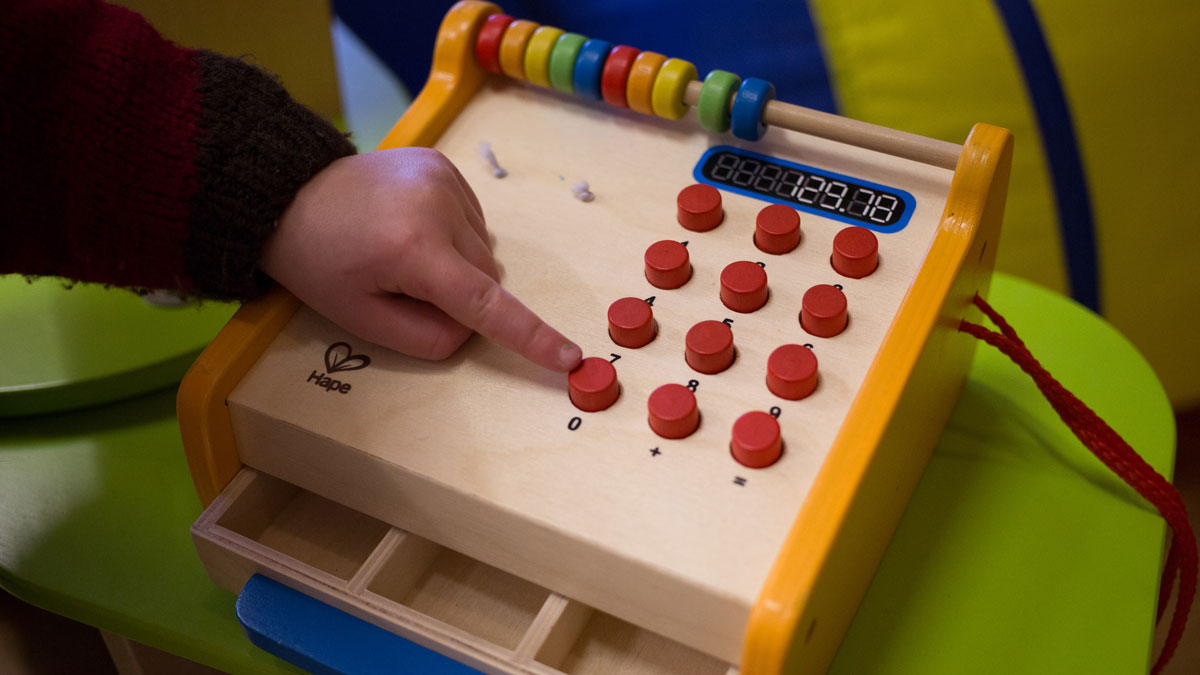Boost your childrens' savings by finding - and switching - their Child Trust Fund
Charges are much higher than for Junior Isas so it can be well worth finding any forgotten funds

A free daily email with the biggest news stories of the day – and the best features from TheWeek.com
You are now subscribed
Your newsletter sign-up was successful
If you have a child aged between seven and 14 they could have thousands of pounds languishing in a forgotten bank account.
Between 2002 and 2010 the Labour government promoted Child Trust Funds (CTFs). When parents opened an account the government added £250, then a further £250 when the child turned seven. If the child was from a low-income family the amount received doubled, adding a total £1,000 to savings.
Even if you didn’t bother to open an account the government did it for you - if a CTFs voucher was uninvested after one year HMRC invested the money on behalf of the child into a default "stakeholder" account.
The Week
Escape your echo chamber. Get the facts behind the news, plus analysis from multiple perspectives.

Sign up for The Week's Free Newsletters
From our morning news briefing to a weekly Good News Newsletter, get the best of The Week delivered directly to your inbox.
From our morning news briefing to a weekly Good News Newsletter, get the best of The Week delivered directly to your inbox.
Now it has been revealed that one in four CTFs are ‘zombie’ accounts that have been forgotten about. Scottish Friendly estimates that 1.5 million CTFs have never received any payments other than the government contributions.
How to track down a forgotten CTF
You can search to see if your child has a forgotten CTF on this HMRC website. To search you must have parental responsibility for the child. Tap in your details and within 15 days HMRC will write to give you details of your child’s account.
Once you have the details of your CTF it will pay to move the money. Since April 2015 parents have been able to move their children’s money from CTFs to Junior Isas, the accounts that replaced them.
A free daily email with the biggest news stories of the day – and the best features from TheWeek.com
They are both tax-free savings schemes that don’t allow access to the accounts until the child turns 18, but you could boost your child’s savings by £1,000s by moving it into a Junior ISA.
That’s because the fees on CTFs are often substantially higher than on Junior Isas, reports The Times. Many CTFs charge 1.5 per cent a year to invest in a passive index tracker fund. In contrast you can make the same investment in a Junior Isa for as little as 0.21 per cent, saving your child thousands of pounds in charges by the time they turn 18.
“Parents really need to act to ensure their children are getting the best returns possible,” says Justin Modray of Candid Financial Advice in the Times.
“Children’s savings are often long-term plans, so the loss from high charges is exacerbated with each passing year. Why pay more if you can make the same investment for a fraction of the cost?”
For example, if you had £10,000 in a CTF that charges 1.5 per cent a year to invest your money in a FTSE 100 tracker your fund would be worth £16,959 after charges in 12 years' time, assuming annual returns of six per cent.
Invest the same money in a Junior Isa investing in a FTSE 100 tracker and charging 0.31 per cent, which is the rate charged by the investment platform Charles Stanley Direct, the fund would be worth £19,427 after 12 years assuming the same growth. That’s a £2,468 difference, notes the Times.
To switch your CTF into a Junior Isa the first step is finding a Junior Isa you like that accepts transfers. Once you have fill out a transfer form from the Junior Isa provider and it will then deal with moving the money over and closing the old CTF.
-
 How to Get to Heaven from Belfast: a ‘highly entertaining ride’
How to Get to Heaven from Belfast: a ‘highly entertaining ride’The Week Recommends Mystery-comedy from the creator of Derry Girls should be ‘your new binge-watch’
-
 The 8 best TV shows of the 1960s
The 8 best TV shows of the 1960sThe standout shows of this decade take viewers from outer space to the Wild West
-
 Microdramas are booming
Microdramas are boomingUnder the radar Scroll to watch a whole movie